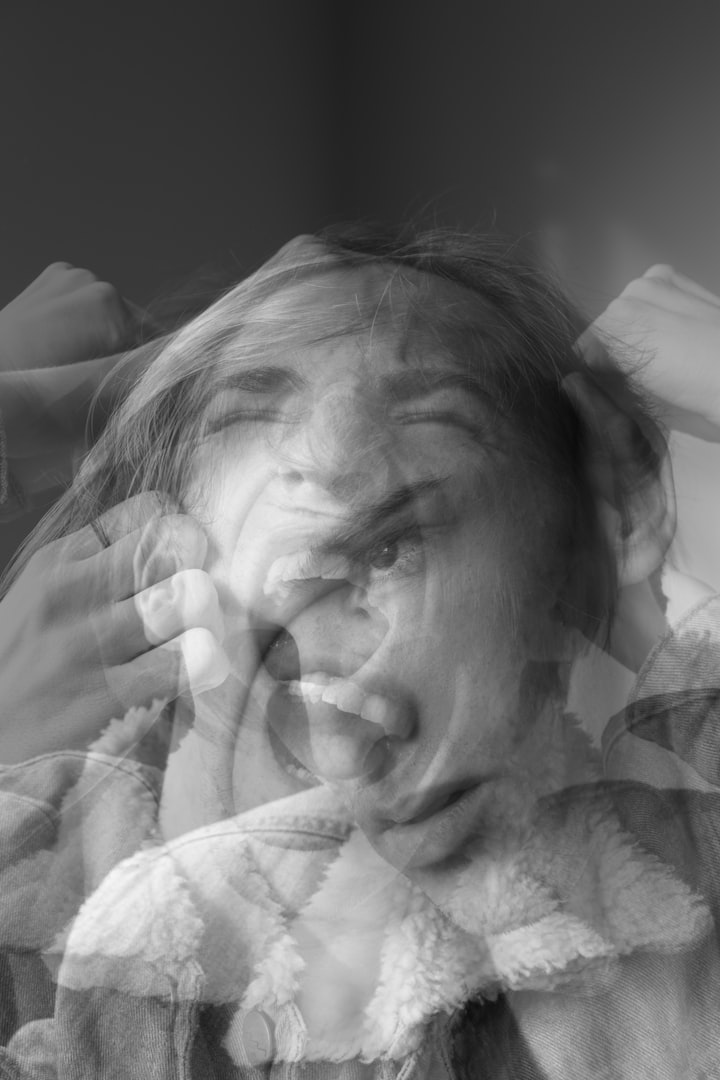
Types of personality disorders
WHAT DO WE UNDERSTAND AS PERSONALITY?
Personality encompasses a series of psychological traits that make up the universe of feelings and cognitions of the individual , configuring their styles and patterns of behavior and the way in which they perceive and relate to the world, with themselves and with others.
THE PERSONALITY DISORDER
We speak of a personality disorder when the behavior pattern prevents autonomous and efficient adaptation to the environment due to a series of behaviors that are too rigid.
This type of disorder will affect the behavior as a whole, the feelings and the internal experiences of the person who suffers from it.
Characteristics of personality disorders:
The pattern of maladaptive behavior is not due to a situation or life event, but covers most of a person's life.
- Behavior is rigid and inflexible.
- It hinders the process of adaptation to difficulties and the acquisition of new skills.
- The behavior does not conform to what is expected according to the social context to which the individual belongs.
- It generates great discomfort and suffering for both the person and their environment.
- It will also negatively interfere with your interpersonal relationships.
- Lack of awareness about the disorder. The person does not consider her behavioral style to be maladaptive.
TYPES OF PERSONALITY DISORDERS
The Diagnostic Criteria Manual developed by the APA identifies ten types of personality disorders and groups them into three large groups :
GROUP A:
Includes eccentric, weird, or unusual personalities. These personality types belong to a greater or lesser extent to the "schizophrenia spectrum", depending on the severity, persistence of symptoms and deficits in the relational or social sphere.
Paranoid personality: characterized by intense and unjustified mistrust. He tends to personalize what happens around him, even if what happened has nothing to do with him. On the other hand, he is very sensitive to criticism and does not usually accept it.
This type of behavior makes the relationship with the person very complicated.
Schizoid Personality : They are people who are cold and distant. They are characterized by a detachment in social relationships. They have great difficulty expressing their emotions and do not usually enjoy the company of others. They prefer to perform activities alone.
Schizotypal personality : they are distrustful and are often considered strange people because of the way they relate to others, because of their beliefs and way of behaving. Their beliefs usually respond to a type of magical thinking that influences the behavior of the individual, such as superstitions, clairvoyance or having a "sixth sense".
B GROUP:
This group is characterized by extreme emotional instability and difficulty controlling impulses.
Antisocial personality: it is usual for the person to have a history of non-compliance with social norms. The behavior is usually irresponsible, impulsive, aggressive, manipulative and shows no remorse or concern for the consequences of their actions.
Borderline personality: Characterized by affective instability and a chronic feeling of emptiness. The person is very afraid of abandonment and his impulsiveness usually generates other types of problems such as drug use, eating behavior problems, etc.
Histrionic personality: the person has an urgent need to be the center of attention and to do so, they behave seductively. They care a lot about their appearance and tend to be vain people. They are also impulsive and constantly need others to approve of what they do or say. He usually expresses his emotions in an exaggerated way and often makes use of theatricality.
Narcissistic Personality: The person has an exaggerated sense of self-importance. He usually expresses feelings of greatness by exaggerating his achievements and his abilities. He only cares about himself and lacks empathy, sensitivity and compassion for others. They expect special attention from their surroundings and use the people around them to achieve their own ends.
GROUP C:
They are characterized by an exaggerated level of anxiety and/or fear, largely motivated by the fear of losing control.
Avoidant personality: fear of rejection is the main characteristic. The person is very sensitive to the opinion of others and for this reason, usually avoids social contact. Social relationships are usually limited and they are dependent on those people with whom they feel comfortable. His self-esteem is extremely low.
Obsessive Personality: they are perfectionist people, concerned about order, organization and rules. His behavior is usually rigid and it is difficult for him to delegate tasks, for this reason, he usually has an excessive dedication to work.
Dependent personality: the person has an exaggerated attachment and an irrational fear of abandonment. For this reason, he behaves in a submissive manner. Self-esteem is very low.






Comments
There are no comments for this story
Be the first to respond and start the conversation.